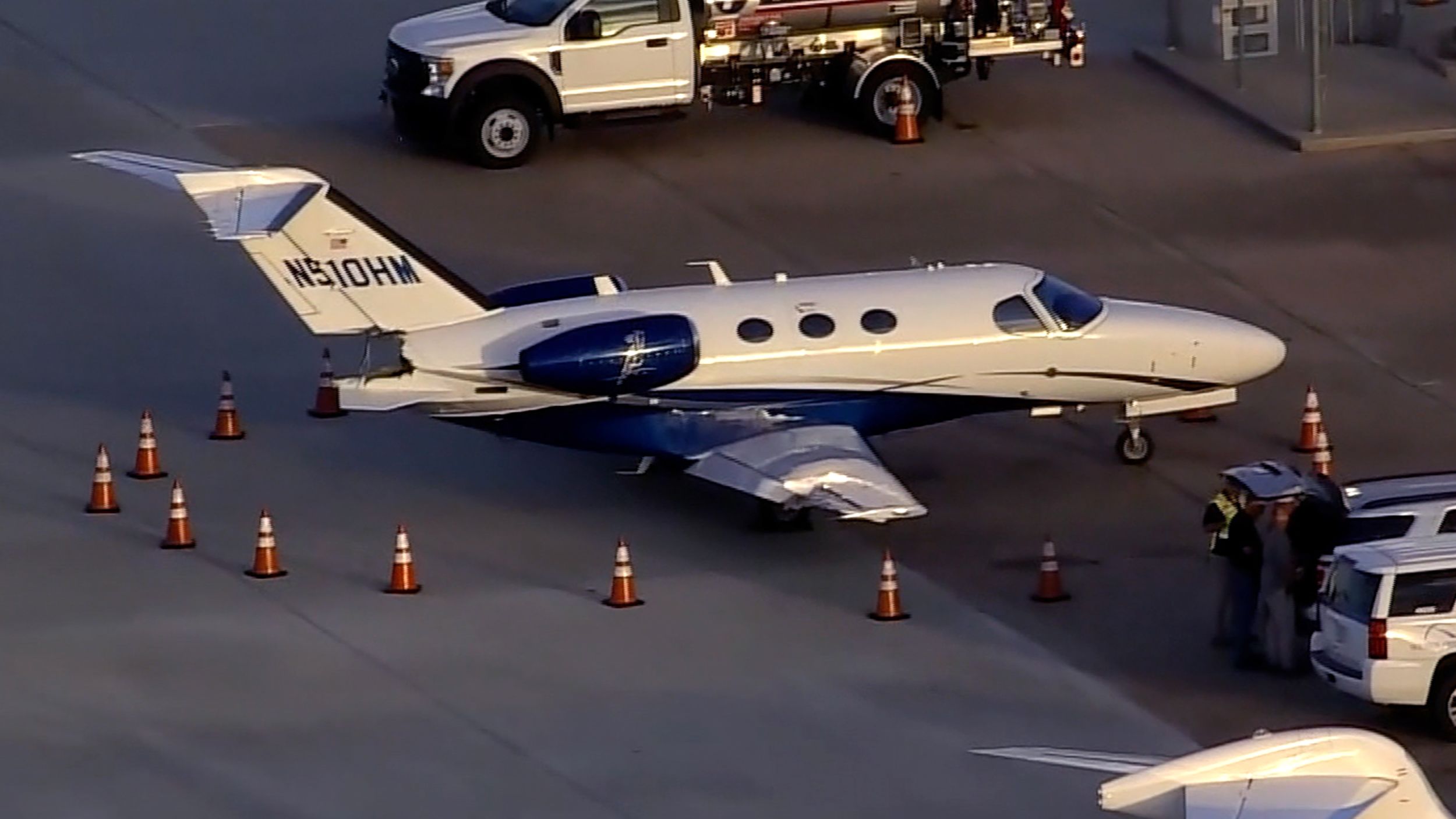
Houston Hobby Airport, a bustling hub for air travel, recently faced a significant disruption that left travelers stranded and flights grounded. This incident shed light on the complex web of challenges that airports and airlines must navigate to ensure the safety and satisfaction of passengers.
I. Introduction
Overview of the Houston Hobby Airport Incident
The recent disruption at Houston Hobby Airport sent shockwaves through the air travel industry, raising questions about the resilience of aviation systems in the face of unforeseen challenges. This article delves into the incident, exploring its impact on travelers, the causes behind the disruptions, and the subsequent response and recovery efforts.
Importance of Addressing Flight Disruptions
Flight disruptions not only inconvenience passengers but also pose operational challenges for airlines and airports. Addressing these disruptions is crucial for maintaining the trust of travelers and ensuring the smooth functioning of the aviation industry.
II. The Impact on Travelers
Details of the Flight Disruptions
Houston-bound flights experienced delays and cancellations, leaving passengers stranded and frustrated. The ripple effect of these disruptions extended beyond Houston, affecting air travel nationwide.
Passenger Experiences During the Incident
Travelers faced uncertainty and inconvenience, with many left without clear information about their flights. This section explores the real-life experiences of passengers caught in the midst of the chaos.
Challenges Faced by Airlines and Airport Authorities
Airlines and airport authorities grappled with logistical challenges, from managing increased customer inquiries to rearranging flight schedules. Understanding these challenges is key to implementing effective solutions.
III. Causes of the Incident
Weather Conditions and Their Role
Unfavorable weather conditions played a significant role in the disruptions. Exploring the impact of weather on air travel highlights the need for proactive measures to mitigate such challenges.
Technical Issues Affecting Flights
Technical glitches and malfunctions in aircraft and ground systems contributed to the chaos. Analyzing these technical issues provides insights into the vulnerabilities of current aviation infrastructure.
Air Traffic Control Challenges
The incident also revealed shortcomings in air traffic control systems. Examining these challenges underscores the importance of modernizing and improving the efficiency of air traffic management.
IV. Response and Recovery Efforts
Actions Taken by Houston Hobby Airport
Houston Hobby Airport swiftly responded to the incident, implementing measures to address the immediate challenges and communicate effectively with passengers.
Measures Implemented by Airlines to Resume Flights
Airlines played a crucial role in the recovery process, employing strategies to resume normal operations and accommodate affected passengers.
Collaborative Efforts to Mitigate Future Disruptions
The incident prompted collaboration among stakeholders in the aviation industry to identify and implement measures to prevent similar disruptions in the future.
V. Lessons Learned
Analyzing the Incident for Improvements
A detailed analysis of the incident provides valuable lessons for airports, airlines, and aviation authorities to enhance their preparedness and response capabilities.
Enhancements in Airport and Airline Protocols
Implementing improvements in protocols and procedures is essential for minimizing the impact of future disruptions and ensuring the safety and satisfaction of passengers.
The Importance of Preparedness in the Aviation Industry
The incident highlights the need for a proactive approach to crisis management and the importance of being prepared for unforeseen challenges in the aviation sector.
VI. The Role of Technology
Innovations Contributing to Aviation Safety
Advancements in technology have the potential to enhance aviation safety. This section explores innovations that can contribute to preventing and mitigating disruptions.
Technologies Addressing Weather-Related Challenges
Technological solutions designed to address weather-related challenges can play a pivotal role in minimizing the impact of adverse weather conditions on air travel.
Future Advancements in Air Travel Technology
Looking ahead, emerging technologies promise to revolutionize the air travel experience, providing opportunities to create a more resilient and efficient aviation ecosystem.
VII. Passenger Safety Measures
Safety Protocols During Flight Disruptions
Passenger safety is paramount during disruptions. This section outlines safety protocols that airlines and airports can implement to ensure the well-being of travelers.
Communication Strategies for Airlines and Airports
Effective communication is key to managing passenger expectations. Strategies for clear and transparent communication are explored to build trust and alleviate traveler concerns.
Passenger Awareness and Education
Educating passengers about safety measures and the potential for disruptions fosters a sense of preparedness and understanding among travelers.
VIII. Airline and Airport Communication
Importance of Transparent Communication
Maintaining transparency in communication is crucial for building trust. This section emphasizes the significance of clear and honest communication during disruptions.
Case Studies of Effective Communication During Disruptions
Examining real-world examples of airlines and airports successfully managing communication during disruptions provides valuable insights for industry stakeholders.
Building Trust Through Consistent Messaging
Consistency in messaging builds credibility. Establishing trust through consistent communication enhances the overall passenger experience.



